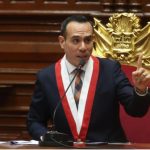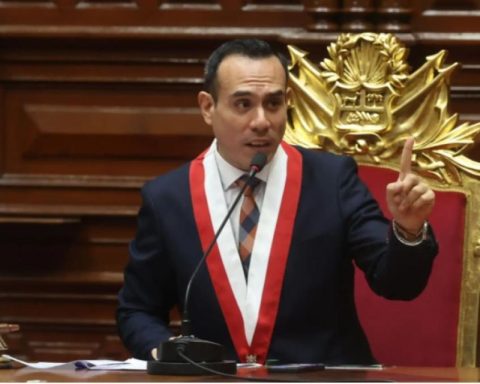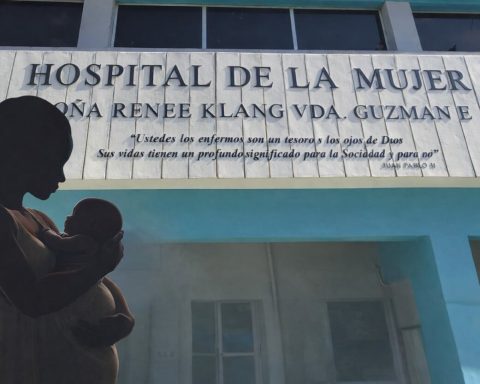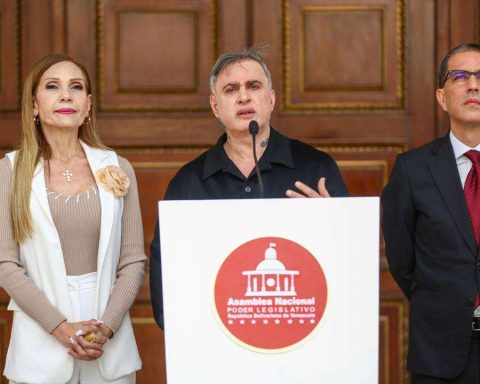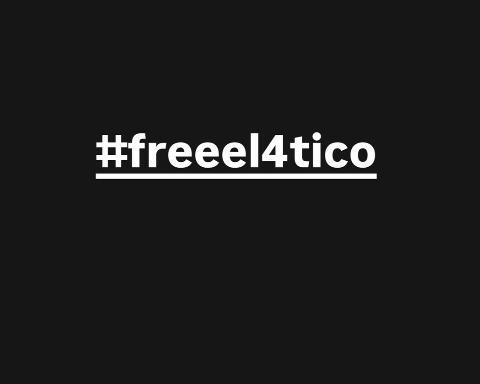Rogelio Gómez Hermosillo, executive president of Acción Ciudadana Frente a la Pobreza, agrees that Coneval has given credibility to the measurement of poverty because its calculations are transparent and its experts are from academia, he assures, without seeking political positions or careers.
Coneval has gained transparency. “Anyone can replicate the calculations, the way they’re done,”
Rogelio Gómez Hermosillo, executive president of Citizen Action Against Poverty
However, there are also aspects for improvement. Gómez Hermosillo explains that Coneval evaluations are underused, but this responsibility falls on governments that do not take their analyzes seriously.
What can be improved, he indicates, is the rigor of the evaluations, which are more timely and use colloquial language “in such a way that society and not only the expert community knows if the social policy programs and strategies work or not. No”.
No duplication of functions
The above shows that Coneval does not duplicate functions of other institutions, as the federal government has argued to eliminate some autonomous organizations.
For Inegi to perform all the functions currently performed by the Council, it would have to change its mandate to be able to generate evaluations and recommendations. However, De la Torre explains, this would contaminate its main function, which is the collection of statistical information, free of political interference.
“It is a very bad idea to transfer the functions of Coneval to Inegi,”
Rodolfo de la Torre, director of Social Mobility at the Espinosa Yglesias Study Center
Rogelio Gómez Hermosillo, executive president of Citizen Action Against Poverty, and eliminating him would cause Inegi to become saturated with other functions.
“It would overload the Inegi with functions that do not correspond to it and that, probably, it does not have the conditions to develop, especially in the evaluation part of social policy, programs, strategies, because Coneval is not only a measurement of the poverty,” he points out.






